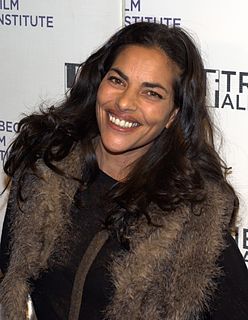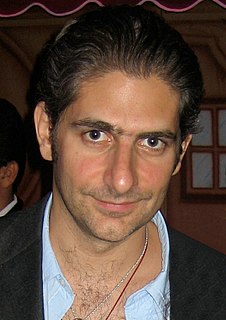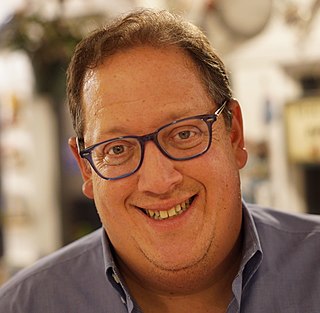A Quote by Ram Shriram
There are still some pieces that aren't being used, like the white-space bands between TV channels. With digital broadcasting, those buffers aren't needed anymore. The wireless telcos want to lease them, while the TV industry wants to maintain the status quo. Either decision would be a mistake.
Related Quotes
TV is such a success nowadays because it gives back in a way that features can't. If you go to a film, you only get two hours of great storytellers and performers, and you pay top dollar for that. If you're subscribing to premium channels and you're getting all of these amazing TV shows, and you're watching them as you want, where you want, when you want, on what you want, I think that is the "the golden era of TV" in what television shows are offering to audiences. We're giving them a lot more. It's quality.
I think the media has become incredibly corrupt. We used to have a profound tradition of investigative journalism in the United States. Some journalists were real heroes, such as Bob Woodward who helped uncover the Watergate scandal. But today he is leading the opposite charge, trying to bring down the careers of people and score easy victories. In other words, those who used to bust the status quo have now become the status quo.


































